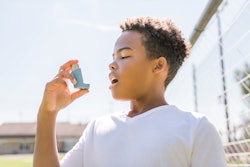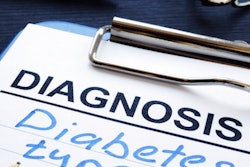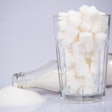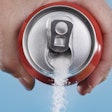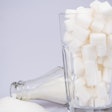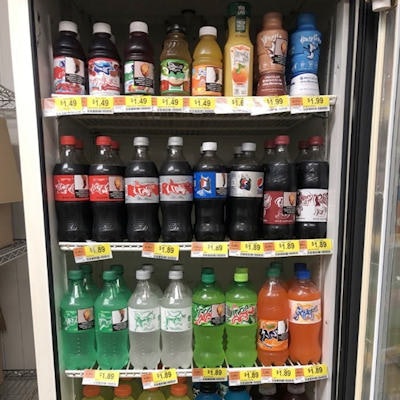
A picture may be worth a thousand words of warning about the dangers of sugar, according to research published on February 1 in PLOS Medicine. Parents were less inclined to purchase sugary drinks for their children if the products contained pictorial health warnings, the study found.
The results of the randomized controlled trial suggest that adding image-based warning labels could be an effective strategy for reducing sugary drink purchases and their negative health outcomes. The intervention mirrors the pictorial health warnings on cigarette packs, which have also been shown to curb smoking.
"Taken together with prior research, this study suggests that a policy to require sugary drink warnings that include pictorial elements could reduce sugary drink purchases," wrote the authors, led by Marissa Hall, PhD, of the department of health behavior at the University of North Carolina (UNC) at Chapel Hill.
Image warnings in a naturalistic store laboratory
In total, 325 parents of children between the ages 2 and 12 participated in the study. Of the 325 parents, 25% identified as Black and 20% as Hispanic.
The researchers randomly assigned parents to an intervention or control group. Then they had the subjects complete a shopping task in which they selected one beverage and one snack for their child in a naturalistic store laboratory.
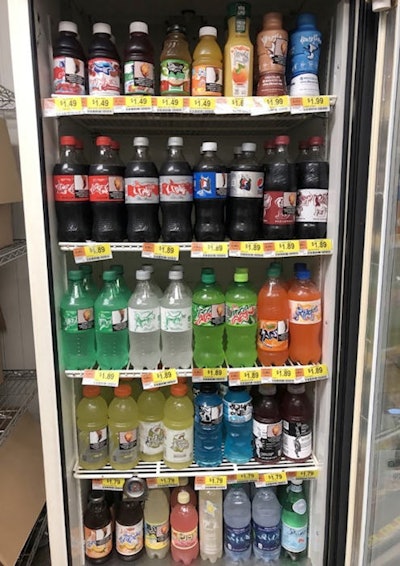 An image of a UNC minimart during a trial evaluating graphic health warnings for sugary drinks. Image courtesy of Hall et al. Licensed under CC BY 4.0.
An image of a UNC minimart during a trial evaluating graphic health warnings for sugary drinks. Image courtesy of Hall et al. Licensed under CC BY 4.0.In the intervention arm of the study, the sugary drinks displayed pictorial health warnings about type 2 diabetes and heart damage, while in the control arm, the sugary drinks displayed a barcode label.
The pictorial warnings led to a 17 percentage point reduction in purchases of sugary drinks, with 45% of parents in the control arm buying a sugary drink for their child compared to 28% in the intervention arm. Pictorial warnings also led to lower calories purchased from sugary drinks: 82 kcal in the control arm versus 52 kcal in the intervention arm.
The pictorial health warnings also led to changes in the parents' attitudes. Specifically, the parents exposed to the pictorial warnings reported lower intentions to serve sugary drinks to their child, greater feelings of being in control of healthy eating decisions, and more consideration about the harms of sugary drinks.
Too many sugary drinks consumed by U.S. children
In the U.S., children drink more than the recommended level of sugary drinks, putting them at high risk for a range of health problems, including obesity, caries, type 2 diabetes, and heart disease, the researchers noted. Previous research has shown that text warnings can reduce children's intake of such beverages, but the use of pictorial warnings had yet to be investigated until now.
The study findings provide evidence to support strong front-of-package warnings about sugary drinks, said corresponding author Lindsey Smith Taillie, PhD, of the UNC Department of Nutrition.
"We know from tobacco control research that warnings that include images are effective for reducing consumption," Smith Taillie said. "Our study is one of the first to show that this type of policy works for sugary drinks, too."




